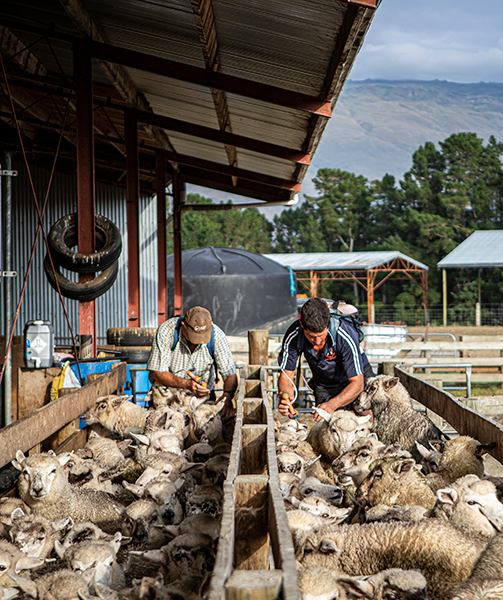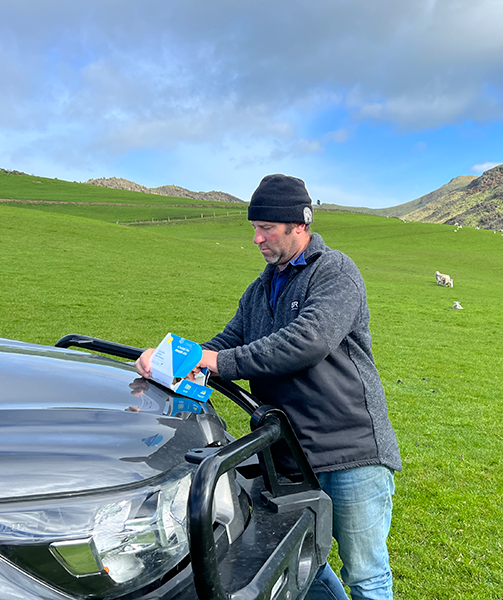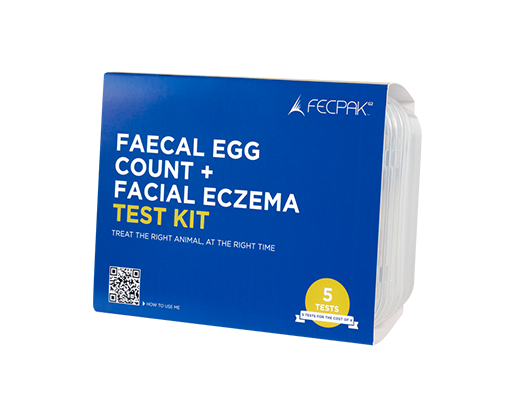SPORE TESTING: UNDERSTANDING THE BASICS
Words by Tiffany Menzies – Farmlands Veterinarian
Kiwi company Techion has developed FECPAKG2 kits to test livestock dung for gut worms and facial eczema spores.
FECPAKG2 kits can be used for testing spore levels on pasture samples too. The kits are quick and easy to use to collect and send samples to the laboratory. Multiple animal species can be assessed too, whether sheep, goats, cattle, horses, or alpaca while testing several parameters.
Regular monitoring of multiple mobs for worms is important, particularly in growing youngsters lacking developed immunity to parasites, or alternatively when planning the allotment of spring grazing areas for ewes pregnant with multiple lambs. Ideally test with FECPAKG2 prior to and 7-14 days after a drench treatment is given, or for lambs and calves 28 days after their previous drench. Having this information puts you in the driver’s seat with a better steer on the best available options to mitigate parasite risks in vulnerable stock. Over time, collecting test data helps you optimally steward the effective drench actives suitable for use in your situation.
A key focus of sustainable livestock farming today is on how to farm with drench resistance rather than without. This includes taking a more holistic parasite management approach by using tools such as grazing practices, cropping alternatives, varying classes of livestock and/or inter-species for grazing paddocks, and dung testing to help enable evidence-based decisions that support optimal animal health performance while upholding appropriate levels of animal welfare.






